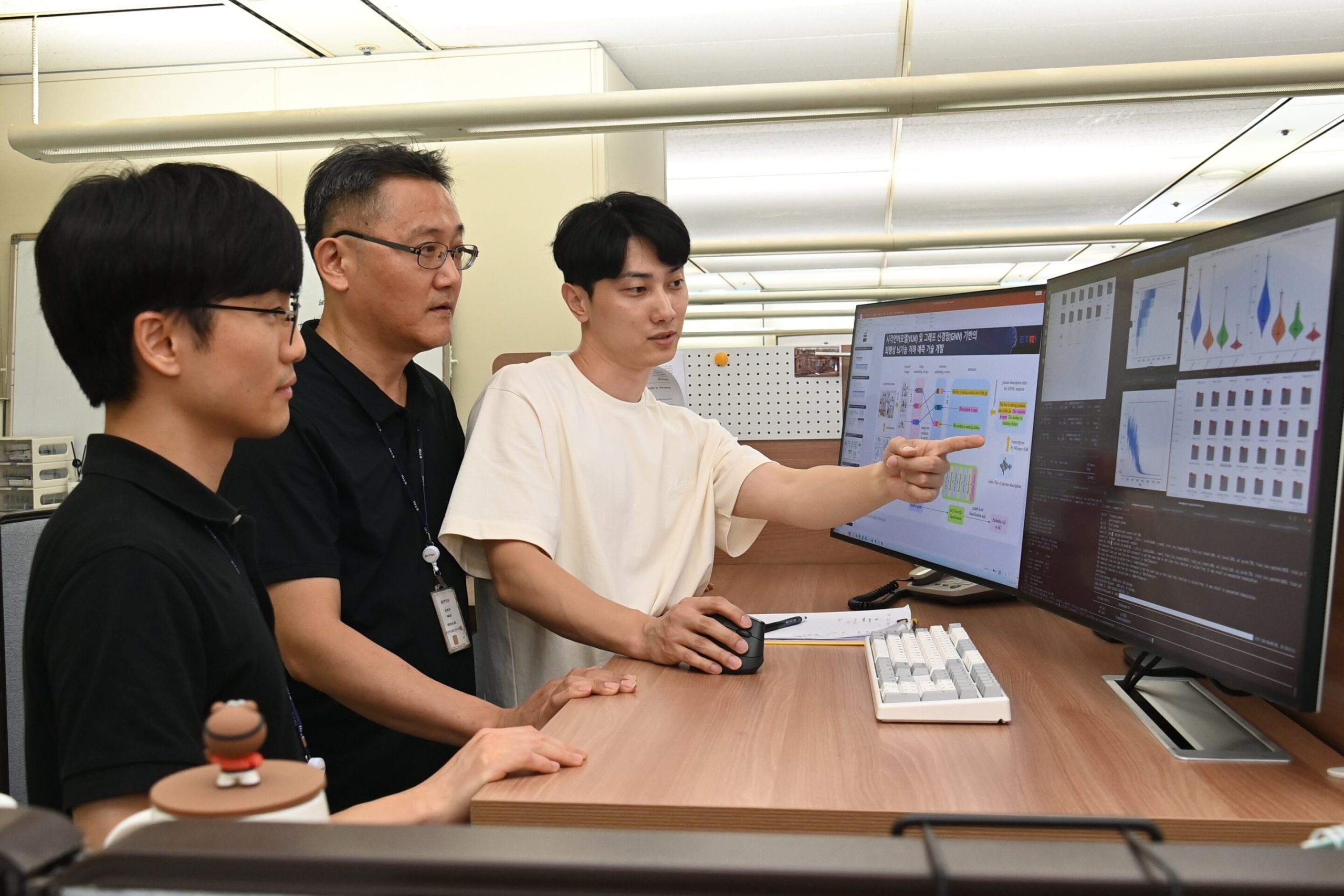
Researchers in South Korea have developed an AI-based technology that can analyze the voice/speech of the elderly to screen and detect those who are at high risk of mild cognitive impairment and dementia.
The Electronics and Telecommunications Research Institute (ETRI) is conducting research on the development of an AI technology that can evaluate and predict brain function degeneration and brain-related diseases such as mild cognitive impairment, dementia, etc., by analyzing the speech utterances of the elderly that can be obtained through their daily conversations.
Speech utterance is a complex process through which cognitive functions (i.e., memory, intention, attention, etc.), language generation functions (i.e., phonology, syntax, meaning, etc.), and colloquial functions (i.e., breathing, articulation, vocalization, etc.) work sequentially.
Therefore, through such detailed analysis, it is possible to provide an early judgment and prediction of the decline in cognitive, language, and motor skills in patients suffering from mild cognitive impairment and dementia.
ETRI Integrated Intelligence Research Section is attempting to expand its research into the field of health care such as digital therapeutics based on the AI technology and voice/text-based multi-modal technologies they have accumulated throughout the process.
Through their new dementia prediction research, which is known to combine the LLM (Large Language Model) for the first time in the world in addition to the existing voice/text analysis technology, the research team was able to achieve the best performance of 87.3% on the ADReSSo Challenge Dataset, hosted by the University of Edinburgh (UK) and Carnegie Mellon University (US), breaking the past record of 85.4% by a sizable margin of 1.9%
This feat was published in the February 2024 Edition of the ETRI Journal. Its publication has led to multiple inquiries about commercialization from major companies around the world, including ones from the U.S. and Germany.

Furthermore, in a follow-up study conducted by the same research team, they successfully implemented the Visual Language Model (VLM) technology, which is trending recently, and went on to break their own record in the same ADReSSo challenge, with the results already submitted to highly-renowned SCI journals.
Based on the results of the study, the team also completed the development of a tablet-based app that can predict high-risk groups of mild cognitive impairment through the input of speech utterances centered around daily conversations.
There were a few difficulties in the analysis process due to inaccurate pronunciation and dialect utterances, which can be found quite common in the elderly, especially among those who suffer from mild cognitive impairment and those in high-risk dementia groups, but the team was able to overcome such obstacles based on their large database of voice/speech samples and multi-modal AI technology.
The technology was developed with an emphasis on better accuracy and improving user convenience among the elderly, which is the main target of the technology. It is now planning to start a demonstration session at local senior welfare centers around the nation, in connection with the Korea Electric Research Institute.
Kang Byung Ok, a Principal Researcher at the Integrated Intelligence Research Section of ETRI, stated, “Compared to the conventional method, which required the patients to visit local health centers in person for screening tests, the new conversation-based testing through the use of smart devices has many advantages, one of them is that it allows continuous and periodic monitoring of high-risk groups and patients.”
Through this technology, the research team is expecting to provide a new, effective way for screening the elderly who are at high risk of dementia or already suffering from mild cognitive impairment, making sure they can slow down the progression of their conditions through continuous management from the early stages.
Through this, it is expected to provide an effective solution that can help us solve one of the more important and significant issues that we are bound to face as we enter a super-aged society, which is dementia.
Many experts view that this new discovery has paved a new way for dementia prevention and early-stage diagnosis through an innovative convergence of AI and medical technology.
In the future, the commercialization of this technology is expected to have a significant impact on reducing the social/national cost that is required for the treatment of dementia, not to mention its impact on the global digital treatment market.
More information:
Byung Ok Kang et al, AI‐based language tutoring systems with end‐to‐end automatic speech recognition and proficiency evaluation, ETRI Journal (2024). DOI: 10.4218/etrij.2023-0322
Citation:
AI-based dementia prediction technology uses automatic speech recognition (2024, November 5)
retrieved 5 November 2024
from https://medicalxpress.com/news/2024-11-ai-based-dementia-technology-automatic.html
This document is subject to copyright. Apart from any fair dealing for the purpose of private study or research, no
part may be reproduced without the written permission. The content is provided for information purposes only.

